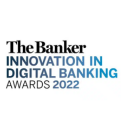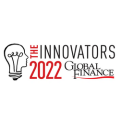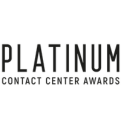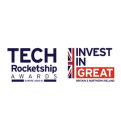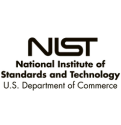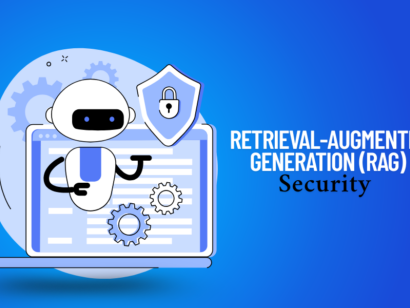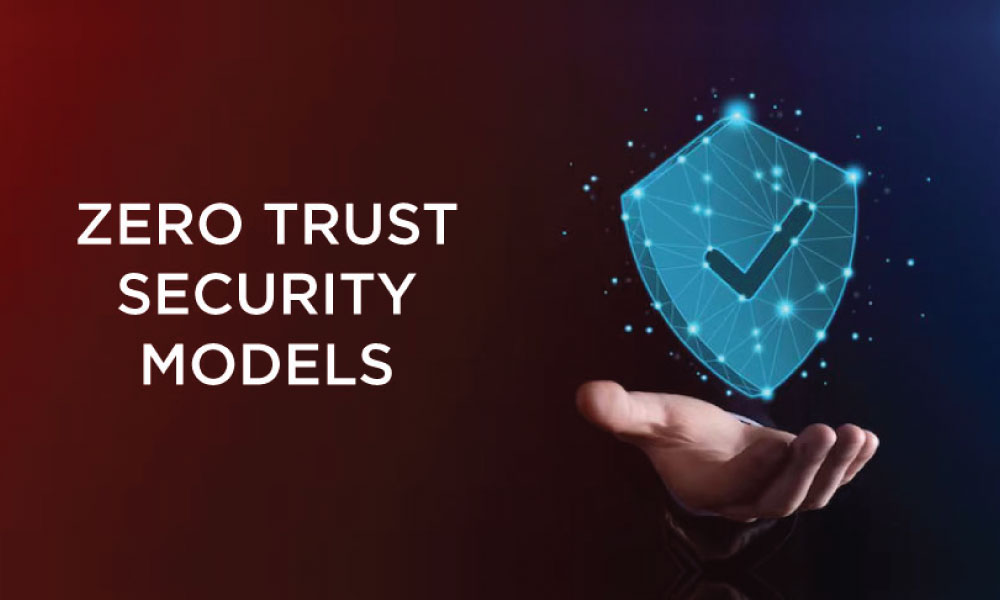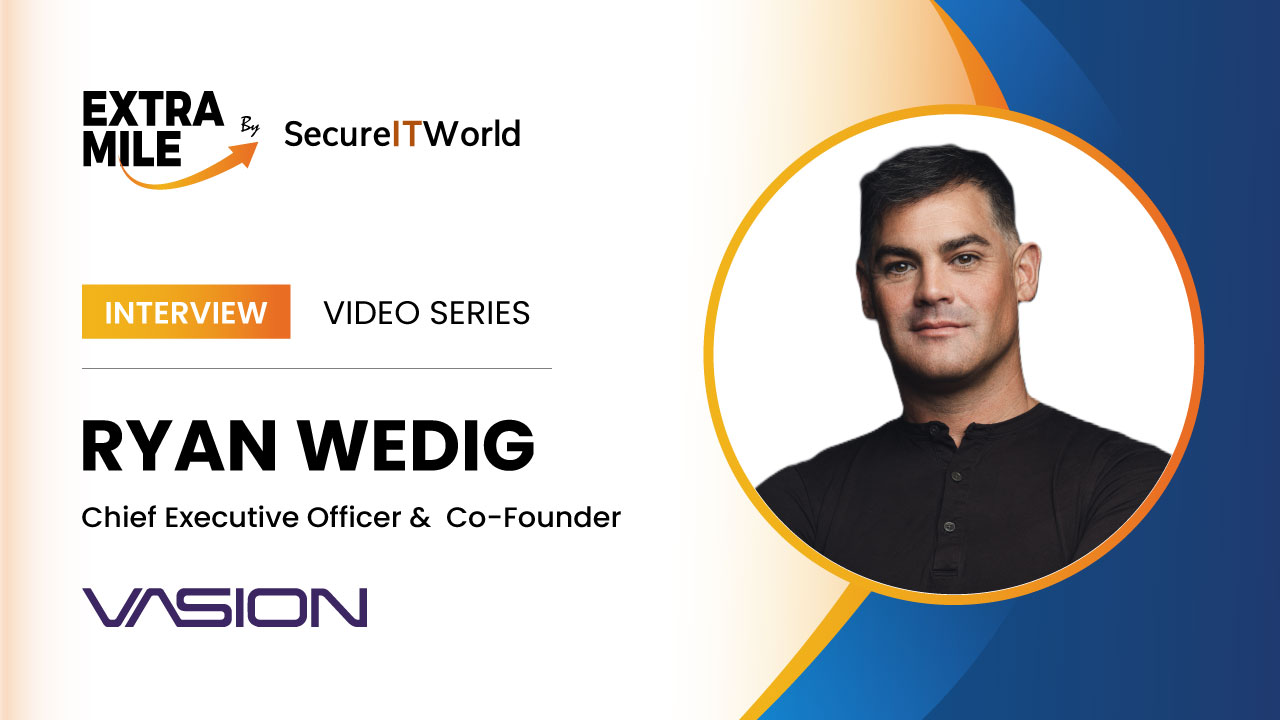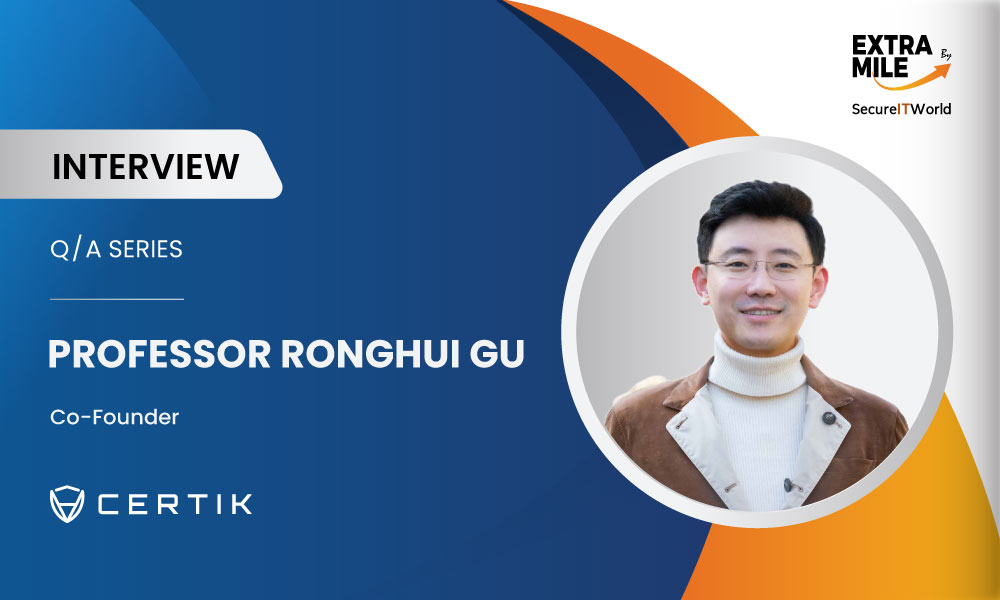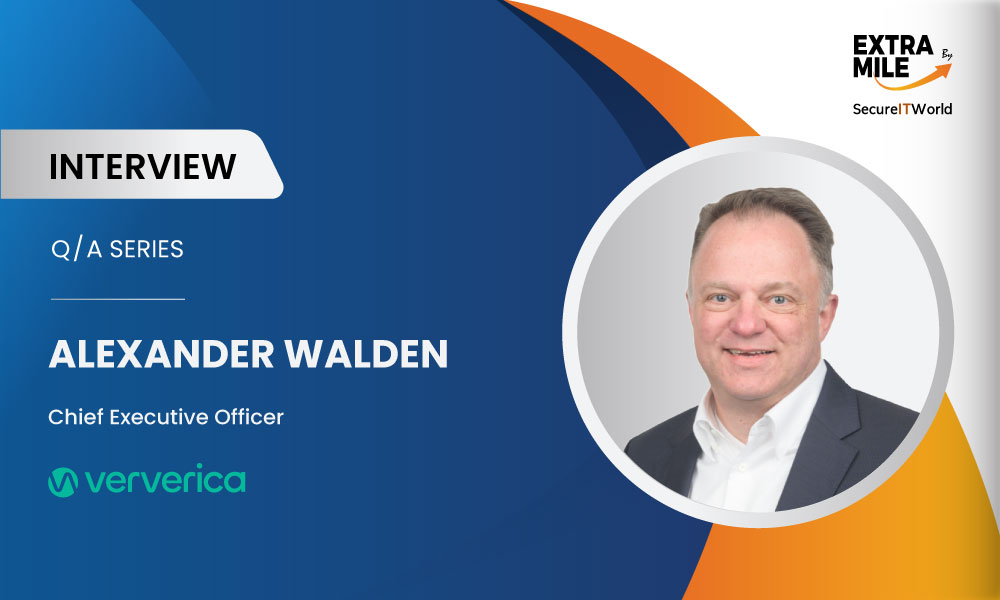Host: Hello and welcome everyone to yet another episode of ExtraMile by SecurITWorld video interview series featuring industry experts and thought leaders. I'm your host Sudakshina and we're here to discuss the newest innovations, cybersecurity practices, emerging security challenges, and further industry trends. Today's conversation we're incredibly excited to have Mikel Sánchez, Global Sales Engineering Director of Veridas with us.
Veridas is a leading provider of digital identity verification and biometric authentication. With a vision to establish a passwordless and keyless future, the company continuously thrives to contribute to robust cybersecurity practices. With over a decade of professional journey, our guest has led the tech development in several forms.
And for more than seven years, he has been a cornerstone of Veridas overall growth and technological advancements. Let us assess Mikel's expertise in diverse roles alongside understanding the competency of going passwordless while surrounding security practices.
Welcome, Mikel. It's a pleasure to have you with us today!
Mikel: Hello, nice to meet you. It's a pleasure to be here.
Host: Same here. So, in a professional career of over 15 years, you have held positions in both technology and sales. How you have managed to execute such diverse roles and what challenges do you experience in the process?
Mikel: I think that being part of this industry during all of these years has allowed me to understand really well how the industry is evolving and how identity and especially identity fraud is evolving during the last years. It's obvious that it's not the same, the type of risks that we have to go up with now, the risks that we had three, five or 10 years ago. So being part of this industry, for me, it's really, really interesting to see how we can improve and offer new solutions to the new risks that we have to go up with.
Host: Great. It is really crucial to overcome challenges to accomplish success. So, moving ahead, customer onboarding is a crucial stage of the sales process. What are the key considerations you usually look after during onboarding?
Mikel: So, the onboarding processes nowadays, many people think that onboarding processes are simply document plus selfie. Take a photo of your ID, take a photo selfie and that's it. But this is not true.
The fact is that behind the document plus selfie process, there are many, many technologies behind that, that allows us to offer secure technologies, like that allows us to verify that the document is authentic, that the document has not been created with United AI. The same for the selfie, that we are able to detect that the person behind the screen is alive, it's not a deep fake. So, we have to develop and we have to deploy an holistic approach regarding identity fraud to be sure that you are who you claim to be.
So, this is the approach that we consider is that it's essential for us investors and for the market in terms of the customer onboarding process.
Host: Exactly. Customers must know how a product or service is going to benefit them before making a buying decision. On that note, the onboarding process is indeed important.
Shifting our focus to popular security methods, passwordless authentication is an emerging trend among modern security practices. So, what opportunities do passwordless and keyless approaches offer from the perspective of security?
Mikel: Yeah. So, we talked before about the onboarding process, but as you mentioned, the authentication processes are probably the more, are more use cases regarding or related to the authentication process. Now, for example, if we consider authentication, we can think about processes like changing your password or changing your mobile phone register in a company.
Of course, performing the login process in a webpage, in an application. There are many, many applications or use cases regarding authentication. So, we can see that biometric authentication is the most secure way to authenticate yourself because the alternative is passwords or pins.
So, in this case, passwords could be stolen, could be shared, or could be gassed. So, in the end, are not a secure way to demonstrate that you are you. So only the use of biometrics allows you to be sure that the person that is in this case being authenticated, for example, to change your password, change your mobile device, the mobile phone number, or simply logging in the website is a more secure way to be performed.
Host: Right, truly. By aiming for a digital world with limited cyber threats, innovative strategies like going passwordless will surely be beneficial.
So, moving ahead, identity fraud is common threat in today's world. How dangerous can such risks be? And how can face authentication eliminate such threats?
Mikel: Yeah, so in the end, the risk of identity fraud is always there. Not only, it's a risk that it's not only focused on the biometric part. And in fact, it's not only it's not only part of the digital part, because identity fraud could be performed in the physical world.
For example, if you go to a branch, a physical branch, I mean, you can try to impersonate someone. So, when we think about identity fraud, so for me, it's an important message. It's not only part of the digital world; it's part of the physical and digital world.
And it's not only part of the biometric world, no, it's a part of the identity assurance process, because you can be authenticated with biometrics or in a traditional way. So let's speak about, let's talk about biometrics. So, in case of biometrics, the main risk that we have to consider is the use of deepfakes, the use of images created with generative AI that tries to impersonate someone in the process of being authenticated.
So, in this case, in Veridas, we have developed, we develop our own technologies, our technologies are 100% proprietary. We develop our own algorithms to detect the URUs, so algorithms for liveness detection, and we certify our algorithms with our certification bodies, like for example, iBeta in the United States, that assess that your, in this case, the Veridas solution is safe. In this case, for example, you have to demonstrate that the solution is able to stop more than 1000 fraud attempts, and you have to demonstrate that you are able to stop these fraud attempts in 100% of the cases.
So, it's, I would say, a guarantee that in this case, the Veridas biometric solution is safe and could be performed in any application, like, for example, applications in the financial industry, telecommunication industry, and so on.
Host: So, the digital transformation has brought both advantages and disadvantages, creating significant risk to identify digital identity. So next up, Veridas offers cross-industry services, including finance, hospitality, mobility, public security, insurance, and others. How do you identify the diverse expectations of each industry and fulfill them efficiently?
Mikel: Yeah, so you describe many sectors. We are born in the, or within the financial sector. In fact, we have more than 100 financial or banks customers.
And it's the most challenging sector because, as you can imagine, the fraudsters try to impersonate all the people to gain an economical benefit, not in the end. So, it's the most challenging sector, no? So, we have, and we learn, we have learned, and we are learning a lot in this industry.
We are learning how to, the identity fraud industry is evolving and what type of risk we have to confront and to fight, okay? And after that, we apply all of this knowledge and all of these algorithms and all of the solutions that we deploy, not only for the financial industry, but also for other sectors, no? Like telecommunications sector, utility, hospitality, events and venues, and other industry that, of course, public sector that are using our solution that suffer or, yeah, suffer less attempts of fraud, no?
Host: Great. So, it's important to understand the exact requirements of the target audience while serving within diverse industries. So being the Global Sales Engineering Director of Veridas, how do you prepare a sales strategy for the company considering the international market needs?
Mikel: Yeah, so for us, one important point is that our technology, as I mentioned before, is 100% proprietary, and by having 100% proprietary technology, this allows us to fine-tune, adapt the solution to each specific vertical and each specific country, okay? And this is the only way to do that, no? Because if you don't control your own roadmap, you don't control your own solution, you are not the owner of the solution, you cannot adapt in an agile way to the different changes that the industry has, no?
So, it's absolutely key to have technology 100% proprietary to being able to adapt really, really fast, no? And the other important part for the strategy is that, as I mentioned before, what we learn in one industry, we are able to put this knowledge in other industries, in other markets, in other countries, no? And this is something that allows us to grow really, really fast.
We are a European company, but now we have presence in the United States, in Mexico, in Argentina, in Brazil, in Chile, of course, in the rest of Europe like Portugal, Italy, UK, no? So why we have been able to do that? Because we are able to move really, really fast with our own 100% technology.
Host: Great, it seems like your approach is quite tactical and holistic. So, moving on our last question, how is your managing sales for cybersecurity products different from other services? Which elements require specific attention while designing sales methodologies for cybersecurity products?
Mikel: Yeah, in this case, we have different training programs to train our commercial people, but not only our commercial, our sales people and our partners, how our technology works. So, we train salespeople, we train partners, and of course, we train our own customers, because it's really, really important to share this knowledge with all of the stakeholders, no? Why?
Because what we want to be is your partner identity. So, we are not going to sell our products and say goodbye, no, no. We are going to be with you, we are going to be your identity partner.
And for doing that, we need to have a consultancy process or a consultancy sales process, no? So, in that way, it's absolutely key to train our own salespeople, our partners, and our customers.
Host: Exactly, cybersecurity is currently a need for every organization. Hence, it is necessary to understand the expectations of the target audiences. So that was a lovely and informative session, Mikel.
The areas you have focused on in the session, including sales procedures, e-security tactics, and your professional journey are truly valuable for us and our audience. Thank you for joining us.
Mikel: Thank you. Thank you so much.
Host: Thank you. Thank you so much. Thank you, everyone, for tuning in to this episode of ExtraMile by SecureITWorld. I'm your host Sudakshina, signing off for today. Stay tuned for more insightful episodes with industry leaders sharing exclusive insights on cybersecurity and tech trends. Until then, keep exploring and keep learning. See you soon.
Explore Our Other Insightful Interview:


